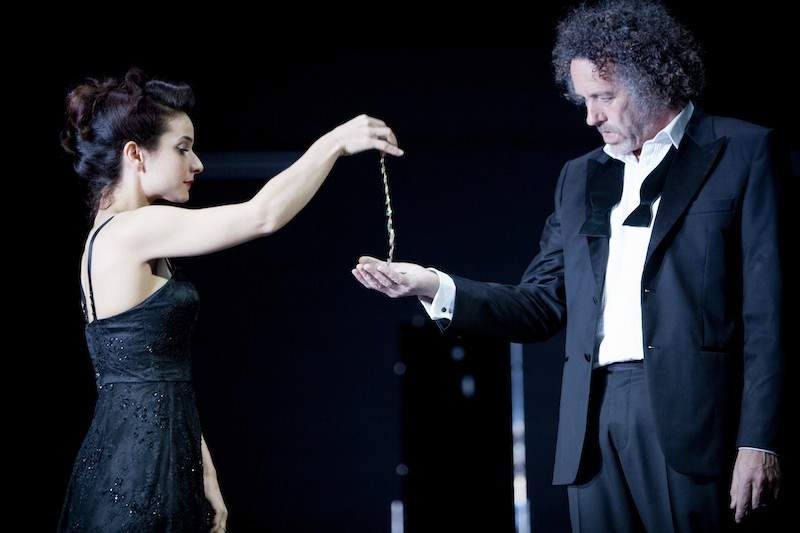Pygmalion – Sydney Theatre Company
A clueless Cockney wench doesn't realise that learning how to be a lady might limit rather than liberate her.
Overview
Pygmalion is a play about the power of language, and the price of transformation. A phonetics professor decides to turn a clueless Cockney wench into a captivating creature who he can “pass off as a duchess”. In teaching Eliza Doolittle to “talk proper”, Henry Higgins aims to do two things: win a casual bet and prove that language empowers people, whatever their class or gender. He's a proud, unpleasant man who relies on his housekeeper to prevent him from committing breaches of public decorum, but he has money, status, enunciation and eloquence, all of which count for a lot in this play.
Written by George Bernard Shaw in 1912, Pygmalion has been transformed over and over again you might recognise the plot from My Fair Lady, or from teen flicks like She's All That. It's been parodied on Family Guy, The Beverley Hillbillies, and The Three Stooges. It's a story about transformation that never seems to lose its potential for being transformed again.
The Sydney Theatre Company has certainly attempted to transform it; to dust off what is known as a museum piece and re-pose its crucial questions about the politics of identity and character. Peter Evans' production consciously modernizes the material whilst the text is unchanged, the acres of empty stage are anchored by video input on a drop-down screen, and the costumes are clearly not cut from the same cloth that you'd find round Convent Garden at the turn of the twentieth century.
Henry is played with louche affectedness by Marco Chiappi. He is vulgar, conceited, totally egotistical and eccentric, but able to get away with bad behaviour because of his station in life. Eliza Doolittle (Andrea Demetriades) is shrewd enough to take advantage of the offer of an upper-class education. It just doesn't occur to her that learning to speak nicely might limit rather than liberate her. Nor does it occur to Eliza to wonder what will become of her after Henry tires of his project, or to weigh up what being made a “duchess” might make of the independence she has always held dear.
Peter Evans has been at the helm of several particularly fine productions in the last year, but this one is a little too experimental to effectively convey Eliza’s displacement: rather there is a sense of displacement between Shaw’s text and the theatrical experience. The Edwardian text and the contemporary visuals just don’t sit comfortably together much like Mrs Eynsford Hill, her two children and the newly posh Eliza in the supremely funny tea party scene.





